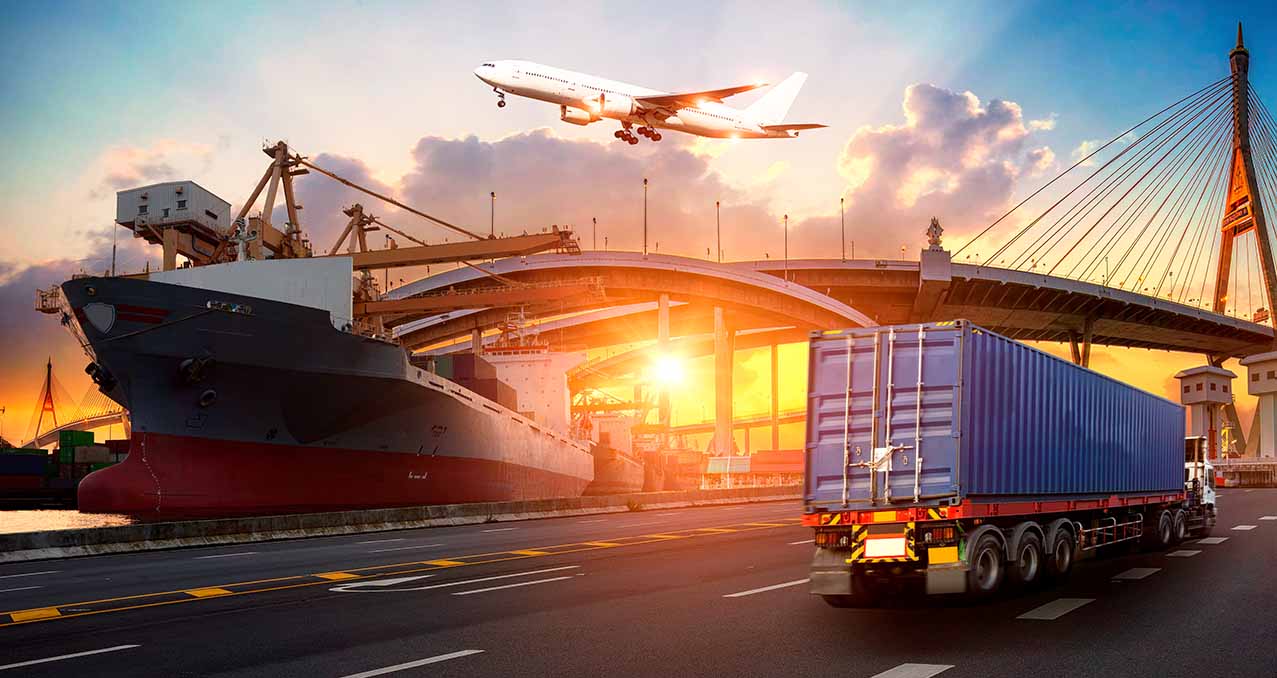Arania is working future-oriented supply chain sustainability
Global interdependence of logistics chains makes them increasingly vulnerable to a range of risks, with a growing number of factors subject to potential failures, combined with a reduced margin for error to cope with delays and market disruptions. In search of solutions for the future, Arania is working on the GreenRoll project to develop a strategic plan for supply chain sustainability, where intermodal transport and resource optimisation are set to play a fundamental role.
There is an urgent need for more efficient, sustainable and flexible logistics strategies to address external shocks, whatever their nature. Rising energy and fuel prices, crisis in road transport, global geopolitical tensions, higher freight costs, longer transit times, environmental protection commitments… Challenges proliferate when it comes to maintaining the service excellence that has become the hallmark of a leader in steel processing such as the Arania Group, and this situation is even more acute in logistical terms.
Meanwhile, the global economic crisis triggered by the pandemic in 2020 and Russia’s invasion of Ukraine this February have intensified the risk for trade integration between countries, in a process known as “deglobalisation” of trade. This is impacting on supply chains around the world, forcing companies in the most advanced economies to rethink their logistics and sourcing strategies, leading to a shift towards reshoring of previously outsourced production to lower-cost countries, especially in Asia.
Against this background, the invasion in Ukraine has accelerated global supply shortages, and is further encouraging expectations of reducing companies’ dependence on global supply chains. This dynamic will result in a strategic shift at country, industry and company level in terms of storage and logistics policies. From now on, risk management will be a crucial part when designing new logistics chains.
To this end, Arania is developing the GreenRoll project together with students from the MBA Deusto Business School, a strategic programme aimed towards developing an innovative and sustainable logistics plan, more resilient against the contingencies of an increasingly volatile world.
In this consultancy project, the company receives a sustainable logistics challenge (presented in a first meeting), which is developed through different scenarios and analysis processes (second and third meetings). Supply chain sustainability is about reducing the carbon footprint, pollution and waste at all stages of the supply chain: from product manufacturing to warehousing, including order picking and distribution to the final client. For a leader in the rolled steel industry, this is a priority project to maintain quality and the excellence in service to its clients and collaborators, wherever they may be.
At a time when we are moving towards a low-carbon economy, it is becoming essential to reduce the environmental impact of logistics chains and to adapt the reality of companies on a path towards decarbonisation. Accordingly, Arania is a reference in the rolled steel sector in terms of efficiency and environmental commitment, with figures improving year after year and more initiatives aimed towards meeting the targets set by Europe in terms of emissions and waste reduction.
As part of its commitment to sustainability and the reduction of its carbon footprint, Arania’s priorities are to focus on greater diversification in distribution, with an increasing use of railway or intermodal transport (train+truck) to reduce the exclusive dependence on road transport. During the first quarter of 2022, Arania increased intermodality in international transportation to clients, outperforming the figures for the entire previous year. In addition to intermodal transport, the supply of raw materials by railway will also play an important role in the new supply chain sustainability of the Arania Group, both to the detriment of road transport.
Companies such as Arania have been working for decades to optimise their supply chain, reducing costs, optimising stock management and ensuring service excellence. Today, intermodal transport and flexibility are essential to absorb delays and unexpected events, while efforts continue to seek effective alternatives to road transport.
